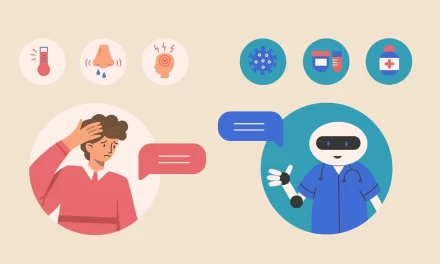Results from a recent review and meta-analysis suggest that targeted video games could play a significant role in reducing symptoms of attention-deficit/hyperactivity disorder (ADHD) and depression among children and adolescents. However, these games may not offer significant benefits for treating anxiety.
Presented on May 6, 2024, at the American Psychiatric Association (APA) 2024 Annual Meeting, the findings shed light on the potential of video game-based digital mental health interventions (DMHIs) in addressing prevalent mental health challenges in younger demographics.
Dr. Barry Bryant from the Department of Psychiatry and Behavioral Sciences at Johns Hopkins University School of Medicine highlighted the significance of these findings, emphasizing the need for effective interventions amidst the rising prevalence of childhood mental illnesses.
Childhood mental health issues, including ADHD, anxiety, and depression, affect approximately 20% of children. However, the access to mental health care for these individuals is often delayed, prompting the exploration of alternative approaches such as DMHIs to bridge the treatment gap.
Gamified DMHIs operate similarly to conventional video games, where players progress through levels and receive rewards for achievements. However, these games are uniquely designed to target specific mental health conditions. For instance, games addressing ADHD may involve tasks that demand increasing levels of attention, while those targeting depression may incorporate mindfulness and cognitive behavioral elements.
Dr. Bryant emphasized the collaborative efforts between child psychiatry experts and professionals in business and video game technology to develop these interventions.
The review encompassed nearly 30 randomized controlled trials of gamified DMHIs focusing on ADHD, depression, and/or anxiety in individuals under 18 years old, published between January 1990 and April 2023. Meta-analysis revealed that while gamified interventions demonstrated modest therapeutic effects for ADHD and depression, they did not yield significant benefits for anxiety.
Dr. Bryant underscored the potential of these games to serve as a complement to traditional therapies or as standalone interventions, particularly for children who may be apprehensive about conventional treatments.
Dr. James Sherer, medical director of Addiction Psychiatry at Overlook Medical Center, Atlantic Health System, commented on the growing acceptance of video games in mental health treatment. He cited the example of EndeavorRx, an FDA-approved game for ADHD treatment, which has shown promising results in improving attention and executive functioning in young users.
Despite common misconceptions about video games, Sherer emphasized their therapeutic potential, especially in building rapport with patients and addressing diverse needs.
The study’s authors disclosed no relevant conflicts of interest.
As targeted video games gain recognition for their therapeutic benefits, they could emerge as valuable tools in addressing childhood mental health challenges, offering a new avenue for intervention and support.











